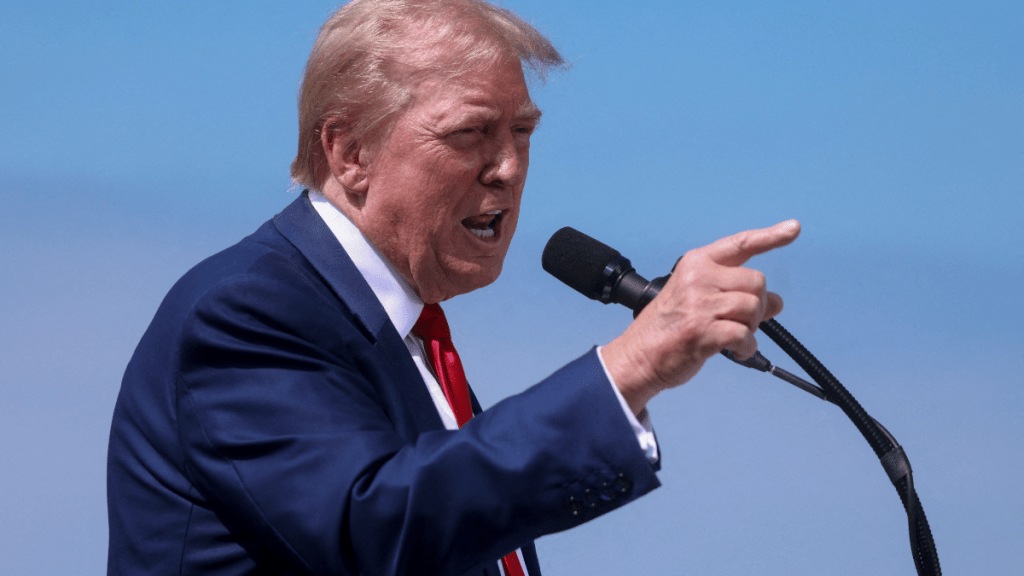Just before the Friday deadline for implementation of reciprocal tariffs, the US has wrapped up trade deals with South Korea, Thailand, Cambodia and Pakistan, taking the number of countries it has signed agreement with to 11.
Tariff agreement with different nations
With South Korea, the agreement involves tariffs of 15% on exports to the US, while American products will be entering the Korean market duty-free. Like agreements with Japan and the EU, it has substantial investment commitments from Korea.
South Korea will give to the US $350 billion for investments owned and controlled by the United States and selected by President Trump. Additionally, South Korea will purchase $100 billion of LNG or other energy products.
Thailand and Cambodia have settled for 36% duties on their exports to the US and agreed to cease hostilities on their border after Trump’s intervention.
The country has signed an agreement with Pakistan to jointly develop its “massive oil reserves.” This deal is also expected to result in a reduction of reciprocal tariffs, particularly on Pakistani exports to the US, though no figure was shared. Announcing the deal, Trump did not let go a chance to needle India by saying that Pakistani oil could also be sold to India.
As China talks on the deal are progressing, US Treasury Secretary Scott Bessent said, “There are still a few technical details to be worked out on the Chinese side between us. I’m confident that it will be done, but it’s not 100% done.”
With China, the deal deadline is August 12.
Amid these last-minute deals, the US has announced a 25% tariff on India and threatened to top that up with some additional penalty for doing business with Russia. India is the only country that does not have a deal with the US.
Expert’s POV
Experts say that despite the absence of the deal, India is not worse off. The quest for tariffs lower than 25% would have meant opening up the Indian market for US exports at zero duties. “If the deal was done it would not have been possible without including agriculture and the price of it would have been much higher,” former professor at Jawaharlal Nehru University and now distinguished professor at the Council for Social Development Biswajit Dhar said.
Complete opening up would have put pressure on the farm and dairy sector, small enterprises and emerging areas of manufacturing. It would also have taken away India’s right to regulate trade from the US in interest of public health and safety by allowing genetically modified food to enter the Indian market.
“If tariffs hurt India and some other economies, it will also hurt the US economy in terms of higher prices for some critical products. The higher prices going forward would be a headwind for the US economy,” Dhar added.
